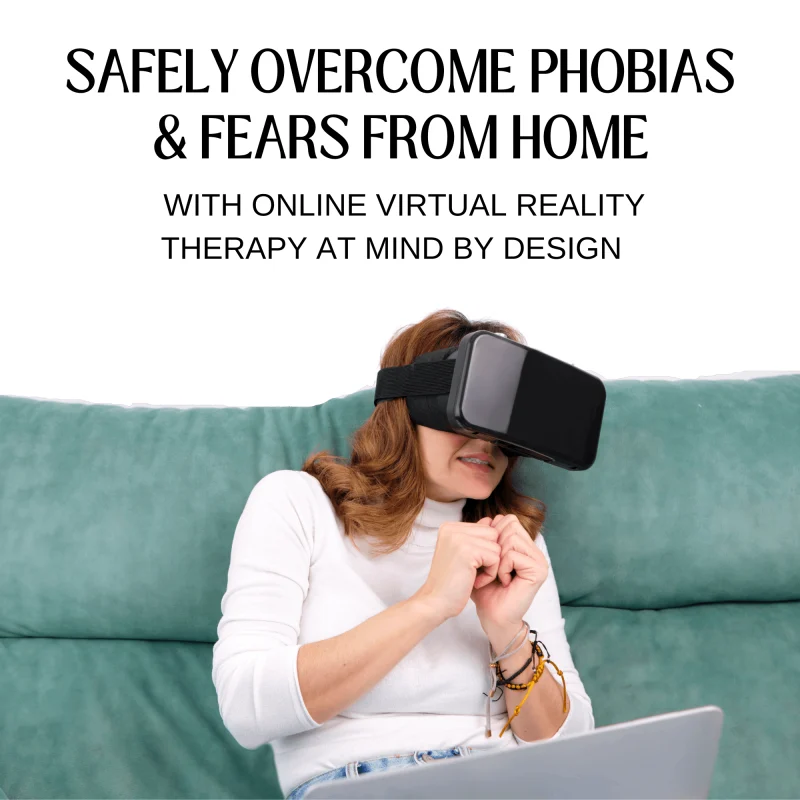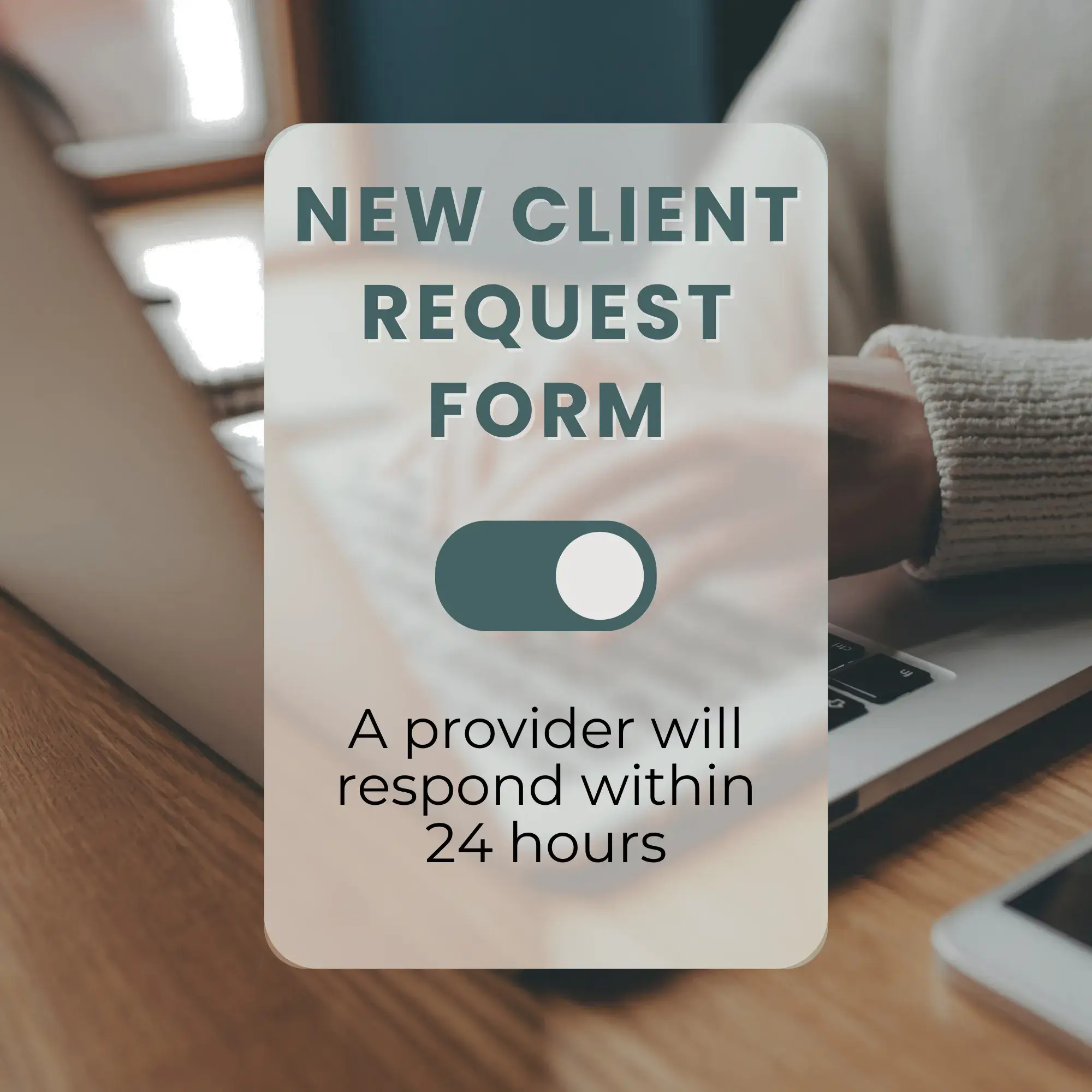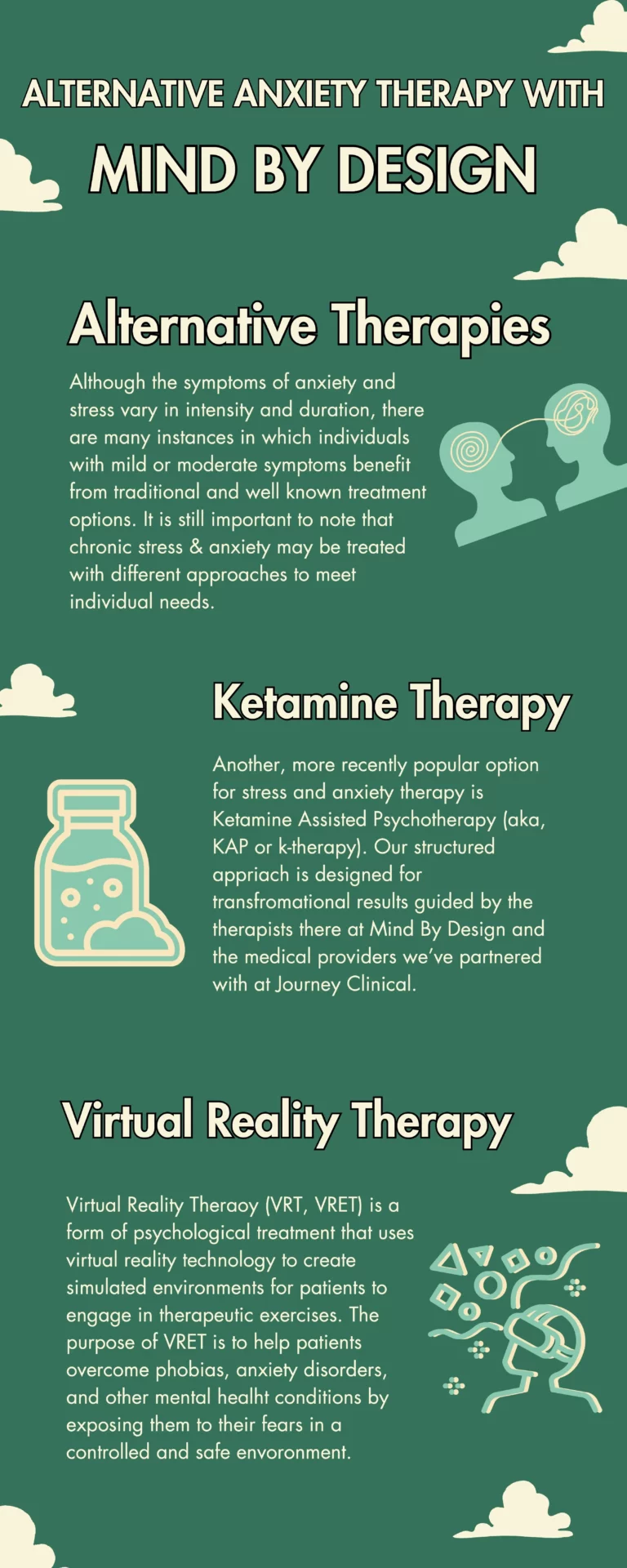
Mastering Your Mind
to Overcome Your Phobia
with Specialized Therapy in NJ
Leave Your Info
Follow Us on Social 😊🧠
If you’ve ever had a phobia, or have tried to overcome your phobia, you know that it can feel completely overwhelming to do alone. But, it’s possible to break free from the cycle of anxiety, fear and stress and reclaim your life. Here, we’ll explore what phobias are, common types of phobias, strategies to help you overcome your phobia.
Common Types of Phobias
There are many different phobias, and what may seem strange to one person can be very real and scary to another. Some common phobias include arachnophobia (fear of spiders), acrophobia (fear of heights), and claustrophobia (fear of confined spaces). Recognizing the type of phobia you have is key to finding the right strategy to overcome it.
Strategies to Help You Overcome Your Phobia
Overcoming a phobia is a journey that involves various strategies. Here are some detailed approaches that have proven effective for many:
1. Understanding Your Phobia
The first step to overcoming your phobia is by understanding it. This means digging deep into what your phobia is, what triggers it, and how it affects you. For instance, if you have a fear of heights (acrophobia), understanding when and how this fear started can be crucial. Keeping a journal to note when your phobia affects you and what thoughts are going through your mind can provide insights. This self-awareness is a powerful tool in your journey to overcome your phobia.
2. Exposure Therapy for Phobias
Exposure therapy is about gradually and safely exposing yourself to the thing you fear in a controlled environment. It’s done step-by-step, starting from a low level of exposure and slowly increasing. For example, if you’re afraid of dogs, you might start by looking at pictures of dogs, then watching a video, followed by observing a dog from a distance, and eventually, when you feel ready, meeting a calm and friendly dog in person. This gradual approach helps reduce fear responses over time.

3. Cognitive Behavioral Therapy...(sometimes)
CBT is a type of therapy that helps you identify and challenge negative thoughts related to your phobia. The therapist guides you to replace these thoughts with more realistic and positive ones. For example, if you have claustrophobia (fear of enclosed spaces), CBT can help you challenge thoughts like “I’m going to be trapped” with “I can leave this space whenever I want.”
4. Relaxation Techniques
Learning and practicing relaxation techniques can be a great aid in managing the anxiety that comes with phobias. Techniques like deep breathing, progressive muscle relaxation, and meditation can help calm your mind and body. For example, practicing deep breathing exercises can help manage the rapid heartbeat and shortness of breath often experienced during a phobic reaction.
5. Self-Help Strategies
Alongside professional help, there are several self-help strategies that you can employ. This includes joining support groups, reading about how others have overcome similar fears, and educating yourself more about your phobia. Understanding that you are not alone and that others have successfully overcome their fears can be very empowering. Additionally, lifestyle changes like regular exercise, a healthy diet, and adequate sleep can improve your overall mental health, making it easier to handle your phobia.
Lifestyle & Habits to Support Phobia Management
To overcome your phobia successfully takes more than just going to therapy once a week, or trying mindfulness here and there. It may require you to do the little things you do every day that can make a big difference, like practicing skills, doing exposure therapy homework and reviewing therapy goals regularly. Here are some “little things” and small habits that can support your journey in overcoming your phobia:
1. Regular Physical Activity:
Exercise isn’t just good for your body; it’s great for your mind too. Regular physical activity can reduce stress and anxiety levels, which are often high in individuals with phobias. Activities like walking, jogging, swimming, or yoga can help release endorphins, the body’s natural mood lifters.
2. Mindful Eating:
What you eat can affect your mood and stress levels. A balanced diet with plenty of fruits, vegetables, whole grains, and lean proteins can provide the energy and nutrients your body needs to cope with stress. On the other hand, reducing caffeine and sugar intake can help lower anxiety.
3. Quality Sleep:
A good night’s sleep is crucial for mental health. Lack of sleep can exacerbate anxiety and make it harder to manage phobias. Establishing a regular sleep routine, creating a comfortable sleep environment, and avoiding screens before bedtime can improve sleep quality.
4. Mindfulness and Meditation:
Incorporating mindfulness and meditation into your daily routine can help you stay grounded and calm. These practices teach you to focus on the present moment, which can be particularly helpful in managing the anxiety associated with phobias.
5. Hobbies and Interests:
Engaging in hobbies and activities you enjoy can be a great way to distract yourself from anxiety and build confidence. Whether it’s painting, gardening, playing an instrument, or reading, hobbies offer an outlet for stress and a way to stay engaged and motivated.
By incorporating these lifestyle changes and habits into your daily routine, you create a strong foundation that supports your efforts to overcome your phobias. These changes can enhance the effectiveness of other therapeutic strategies and contribute to overall well-being and mental health.
Overcome Your Phobia with Our Help

Phobias don’t have to control your life. With the right help and strategies, you can overcome your fears and start living life to the fullest. Remember, it’s okay to ask for help – it’s the first step towards reclaiming your control.
If you’re struggling with a phobia and feel ready to take the first step in overcoming it, consider signing up for therapy or speaking to a therapist.
Leave Your Info
FAQ's About Therapy in New Jersey
How do I get started as a new client?
New Clients can reach out to us directly via call, text or email here:
What is your cancellation policy?
We ask that clients provide at least 24 hours notice in the event that they need to cancel to avoid the 50% cancellation fee. we understand that life happens and do our best to be flexible & reschedule.
Does my insurance cover my visits?
We provide”Courtesy Billing” for clients who are using the Out-of-network insurance benefits.
Our Insurance Page shares a small blurb about Why We Left Insurance Panels
Do you offer traditional talk therapy?
of course! though we have some unconventional therapy approaches, we are rooted in evidenced based practices. Talk therapy is a major player in the therapy room! See What we Treat and Integrative Services for more information
Is Online Therapy As Effective As In-Person Therapy?
Online therapy is essentially face-to-face counseling, just conducted remotely. Studies show that teletherapy is as effective as traditional counseling. Professional organizations and state governments recognize its benefits and have set regulations for it. However, like any therapy, its success in achieving your goals isn’t guaranteed. It’s important to discuss with your therapist whether teletherapy is working for you.
Can I Change Therapists If I'm Not Happy?
Yes, you can switch therapists to another provider within the practice, or we can provide you a referral if preferred. We want to ensure that your time and effort are well spent, and that you are getting the relief you need, that’s why we work collaboratively with each other in the practice, as well as outside therapists who we know and trust.
How Do I Know If Therapy Is Helping?
You should feel like you’re making progress. Signs it’s working include:
Feeling comfortable talking to your therapist
Your therapist respects boundaries
You’re moving towards your goals
You feel listened to
You’re doing better in life
Your self-esteem is getting better
Is Online Therapy Easy to Use for Non-Tech-Savvy People?
Yes, it’s pretty simple to access sessions. You’ll need basic internet skills, such as opening and visiting the patient link sent to you via email. It’s similar to video chatting like Facetime or Zoom. We can also walk you through it on the phone the first time to ensure a strong connection
What Questions Should I Ask My New Therapist?
Feel free to ask anything. Some good questions are:
- How often will we meet?
- What do you specialize in?
- What experience do you have with my issue?
- What outcomes can I expect?
- How will I know I’m progressing?
- How long do you usually work with clients?
- How will we set my treatment goals?
How Should I Prepare for My First Session?
Showing up is all that you need to do! But if you really want to get the most out of session, it could help to take some time to think about what you want from therapy. It helps to write down your goals, questions you have or things that you feel are important to share.
What is the difference between associate therapists & fully licensed therapists?
Our Qualifications:
Our founder, Rebecca Sidoti, is a highly qualified, state-licensed therapist and supervisor with extensive training in anxiety related disorders and innovative treatment such as Ketamine Therapy. Mind by Design Counseling adheres to standards set by the our governing counseling boards.
To see each providers credentials, training and licenses, visit our “Meet the Therapists” Page to learn more.
- LAC/LSW are therapists who may practice clinical work under the supervision of a fully licensed therapist.
- LPC/LCSW are therapists who have completed the necessary clinical hours post-graduation under supervision and can practice clinical work independently.
What Geographic Areas Are Served?
Currently, we serve clients in New Jersey and are expanding to other states as telehealth laws evolve. While telehealth offers the convenience of attending sessions from anywhere, state laws require clients to be in-state during their session.
Is Virtual Counseling Suitable for Everyone?
Online therapy might not be as effective for individuals with chronic suicidal thoughts, severe trauma, significant mental health history, or those recently in intensive care. Such cases often benefit more from traditional, in-person counseling. We’ll help you decide if our online services are right for you during your intake and evaluation.
What Equipment is Needed for Online Therapy?
To join a session, log in using the credentials we provide. No downloads are needed. Our platform, compatible with both individual and group sessions, requires:
A computer or mobile device with a webcam and internet access.
We’ll help you test your setup before your first appointment to ensure a reliable connection. iOS users should use the Safari browser for mobile and tablet sessions.
What Questions Will Therapists Ask Me?
It depends on your goals. Expect questions about your thoughts, feelings, relationships, work, school, and health. They’ll ask to understand your therapy goals.
How Do You Keep Client Information Secure?
Security and Confidentiality of Sessions:
Your privacy is crucial to us. We use TherapyNotes, a HIPAA-compliant platform, ensuring secure and confidential teletherapy sessions. This platform’s security features include encrypted video connections, secure data transfers, and encrypted databases, ensuring your information is safe at all times.
What is VRT used for?
we use VRT to support Exposure Therapy, a long standing traditional therapy modality to treat phobias, anxiety and stress. we send a headset directly to your home so you can access VRT from anywhere.
VRT not only helps with exposure therapy for phobias, but is great for ADHD, mindfulness, PTSD and social anxiety.



